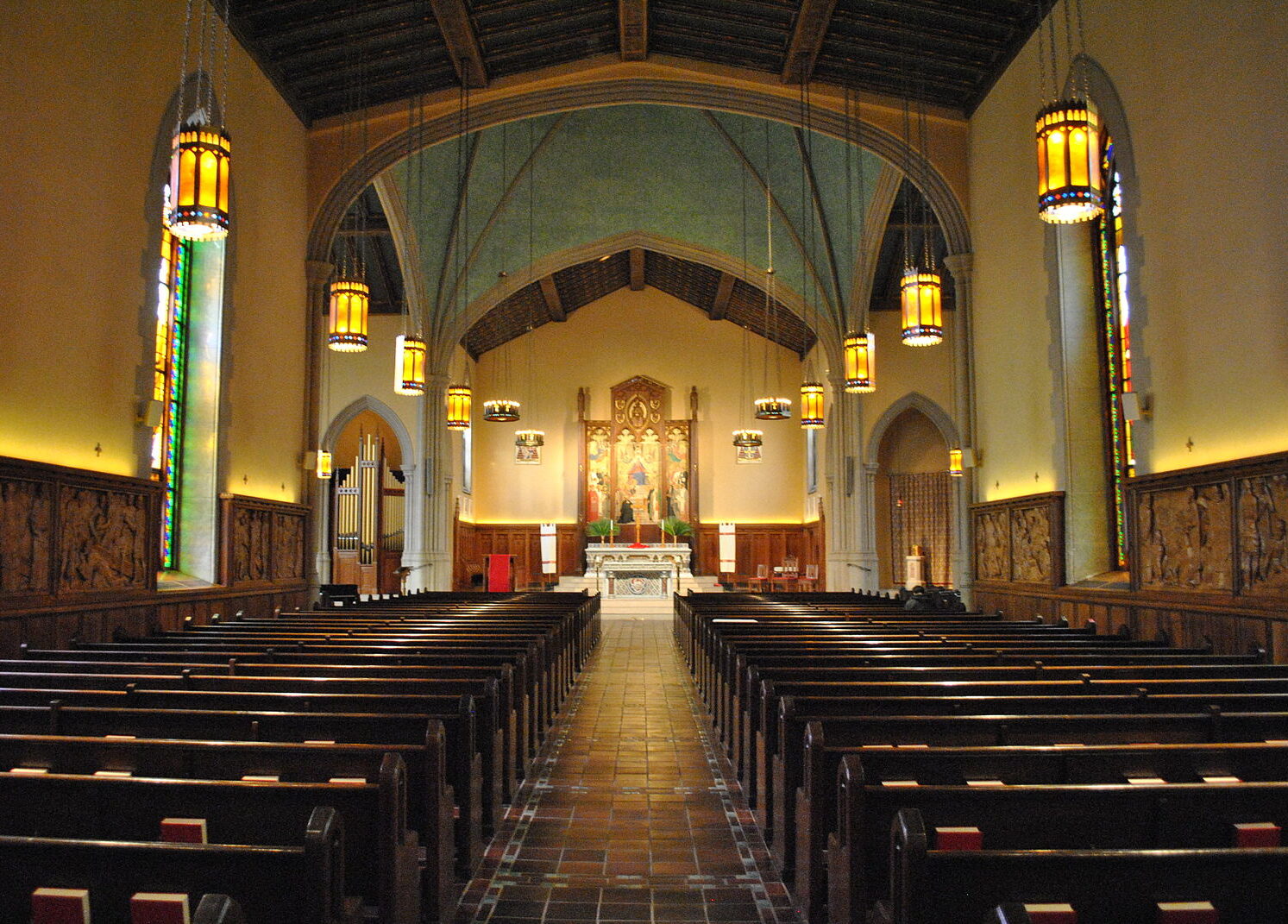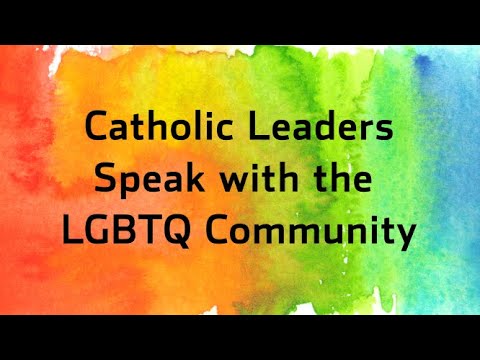At Catholic colleges, we pride ourselves on supporting our students and helping them understand how God loves all of us. We tell ourselves that our LGBTQ students will feel that generic support because we offer it equally and generously. But here is the problem with a passive approach: When we represent a church whose doctrines make many of those same students feel rejected and judged, silent approval will not be nearly good enough.
I do not know whether the church will change its stance on issues of sexuality, as it has on other subjects. For now, we walk a fine line between respect for the church’s current teachings and the requirement to support our students. But if any and all outreach to our LGBTQ students courts controversy, then attempting to avoid controversy in this regard is pointless. We should just focus on doing the right thing.
The Gospels tell several stories of religious authorities challenging Jesus with questions on doctrinal matters, demanding that he either acknowledge obedience to the rules or risk a public stance condemning them. Jesus always found delightful ways to evade the trick question. He refused to judge the excluded. He leaned into love as the core governing principle.
“When we represent a church whose doctrines make many of those same students feel rejected and judged, silent approval will not be nearly good enough.”
I come to these questions from an unusual background. My mother is a biblical scholar. My father was a Jesuit priest for 17 years before he left the Society of Jesus to marry and become the proud father of three daughters. He was also a clinical psychologist who wove spiritual and psychological insights together.
Throughout our childhood in the 1970s and ’80s, our father taught us that gender and sexuality are societally constructed and intertwined. We understood that questions of what nature (and God) intended were complicated ones. He strongly believed that God wired us to find happiness in unselfish love, and he refused to believe that God would hard-wire us to commit sin that looks like unselfish love.
Our parents taught us that the fundamentalist versions of the world’s great religions tend to center on unbending constructions of masculinity and femininity, but that those views are highly contested. They could not imagine that a loving God requires humanity to be split into two, with one half deemed less worthy.
They taught us that, in God, there is no man or woman, that when we worship a white-haired, bearded man sitting on a throne, we risk worshiping our own idols. Our mother showed us the other metaphors scattered throughout the Bible (though rarely in the Sunday readings) of God as a loving woman, a mother hen protecting her brood.
Instead, we reveled in the example of Mary’s endless humility as an example not just for women, but for men, too. We understood that committed love between any two people is a joyful gift. We focused on the Gospels.
“We need to reach out to our LGBTQ students, not wait for them to come to us.”
Pope Francis recently invited Catholics all over the world to speak to the church, as he called us together to participate in the Synod. In response, millions poured out their hearts. I didn’t know what to expect. Who would take the trouble to speak? Who would have the power to document the results? But the summary, written by the U.S. Conference of Catholic Bishops, turned out to be a beautiful document, well worth reading.
The report contains descriptions of much pain from those who feel excluded by the church. It also contains a hopeful longing to be welcomed back, a refusal to give up on a church that belongs to her people. Catholic universities have an enormous part to play in providing that welcoming church.
We need to reach out to our LGBTQ students, not wait for them to come to us. We need to tell them that nothing they have ever heard from the pulpit should confuse them about the profound fact that God loves them. We need to celebrate their courage and help them unpack their shame and fear.
We should do what Jesus would do.



